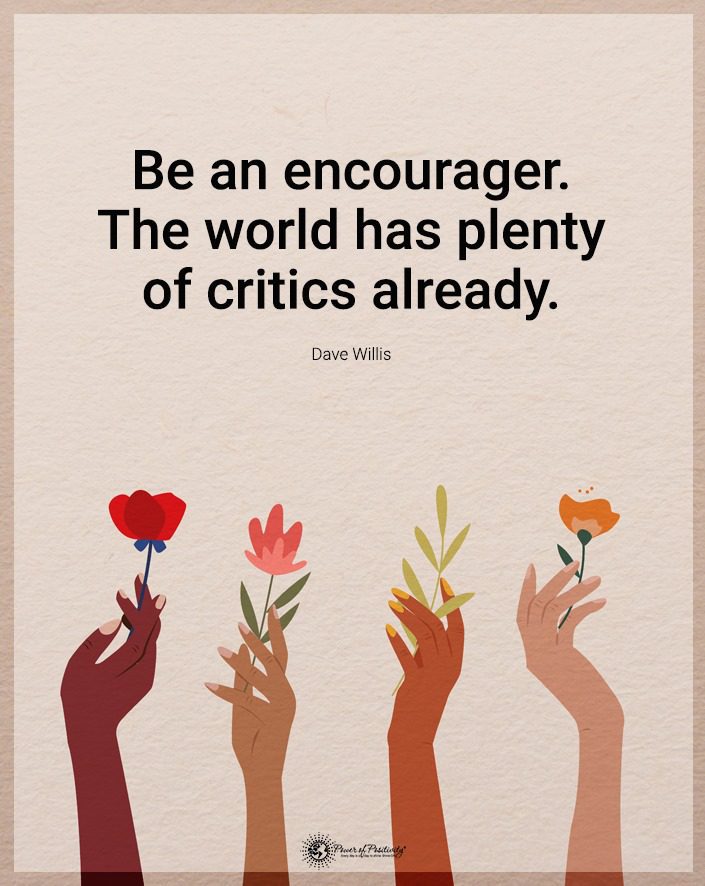Is it time to stop apologizing too much?
When utilized well, apologies are powerful. A single sincere apology can prove your ability to hold yourself accountable. It can mend relationships and rifts between people by restoring trust. That’s a beautiful thing! But too much of a good thing tends to end up being harmful. Saying “sorry” constantly is a surefire way to damage relationships and harm yourself. Worse still, it can build up into a habit that’s tough to break.
If so, then here are five ways to stop.
1. Understand Why You Should Stop Apologizing Too Much
To stop a behavior, you have to get to its root. Only then can you examine the source, reflect on it, and find a way to change it. There are lots of reasons that you may be apologizing too much. Here are the most common causes, and if one fits you, it’s time to start working on it!
· If You Need to Stop Apologizing, You Might Be A Perfectionist
If you have impossibly high standards for yourself, every tiny thing that’s not perfect is a mistake. This habit leads to a desire to apologize for not meeting your impossible expectations continually. You might also do this because you fear criticism, which you may view as a stain on the perfection you seek.
 · Misplaced Responsibility
· Misplaced Responsibility
For whatever reason, you feel responsible for what others do. This feeling may be a result of codependent relationships or due to past abuse or trauma. You feel the need to apologize for the actions of others, even when you have no part in them. You may even care about others too deeply and feel responsible for their happiness to some degree.
· People-Pleasing
You don’t want to be a burden to anyone, and you want everyone to be happy. Your constant apologies could be a way for you to try and stay on their good side and make them like you. You want to be agreeable and for everyone to get along, and you might even be frightened of conflict!
· Discomfort
Whenever you feel uncomfortable, the awkwardness eats at you, and you need to apologize to make it go away. You might not know what to say and therefore divert to saying sorry.
· Poor Self-Esteem
You always worry that you’re doing something wrong or that others dislike you. This feeling causes you to apologize to make up for your perceived inadequacies, even if they’re all in your head. You might also believe you don’t deserve anything good, leading to even further apologies.
· Anxiety
You always think the worst possible outcome may occur. As such, you apologize for unrealistic possibilities. You may also be extremely sensitive to everyone else’s emotions, so you anxiously apologize the second something seems amiss.
· To Make Yourself Feel Better
Although many apologies that assuage guilt are good, even studies that acknowledge this point out this fact. Saying sorry makes you feel better about yourself and fortifies your personal belief in your likability and morality. Even a sincere apology comes with a tiny bit of selfishness. That’s not necessarily a bad thing, but it can be overused for this purpose.
· It’s Just A Habit At This Point
You’ve apologized so often that it doesn’t matter what you’re apologizing for. You built the bad habit, and now it happens so automatically that it’s a struggle to realize you’re even doing it!
2. Build Awareness Of Why You Should Stop Apologizing So Often
Whenever you want to change or break a habit, a level of self-awareness is needed. The same goes for trying to stop apologizing too much. That’s why understanding why you have this habit is the first step, but there’s more work to follow!
You need to take note of the way you apologize and act accordingly to circumvent the bad habit. Here are some tips for building awareness in this domain:
· Take Note Of Why You Can’t Seem To Stop Apologizing
What situations or environments are you most likely to apologize in? Do the apologies flow from your mouth when you’re at work? Or do you do it when you’re feeling very stressed out? Knowing your triggers will allow you to be extra alert to catch the behavior during these times.
· Pause, Take A Deep Breath And Stop Apologizing
When you’re about to apologize, take a bit of a pause. Ask yourself why you need to apologize in this situation. Is it necessary? Have you done anything wrong? What are you apologizing for, exactly? Taking this short breather will give you the chance to catch yourself and replace the apology with something better.
· Think Of How It Negatively Affects You
Constantly apologizing is terrible for your social image and the way people view you. You appear less assertive and may even come across as weak. Research has found that this perceived lack of strength can get you passed over for promotions at work, especially if you’re a woman.
· Think Of How It Negatively Affects Others
Believe it or not, your apologies may be causing more harm than help to the people around you. Studies have indicated that apologies can make you feel more guilty and can even exacerbate pained emotions. This means that by apologizing, you could make those you’re saying sorry to feel worse! While you shouldn’t live life to people-please, if you often apologize out of guilt, this is helpful to keep in mind.
3. Flip The Script
Apologizing too much often happens on impulse. You’re so used to it that you offer a sincere apology when there’s no need for one. To prevent this impulse from wreaking havoc, you’ll have to flip the script. This means replacing the apologies with other phrases that can take their place in your mind. Ways that you can flip the script are by:
- Changing the way you express compassion
- Opting for expressions of gratitude over apologizing
- Phrasing questions more mindfully and carefully
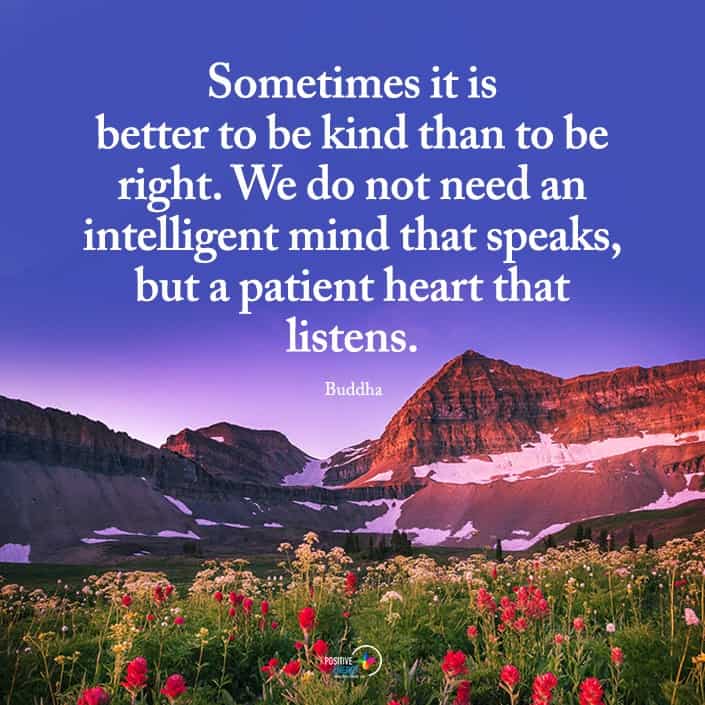 Need help conceptualizing those concepts? Here are some examples of replacements that you can use:
Need help conceptualizing those concepts? Here are some examples of replacements that you can use:
- Don’t say, “sorry, I don’t understand.” Say, “Could you help me better understand this, please?”.
- Don’t say “sorry for the confusion.” Say, “Thank you for catching that issue.”
- Instead of saying “sorry to interrupt.” Say, “I’d like to expand on that.”
- Don’t say “sorry for the inconvenience.” Say, “Thanks for taking the time to do this.”
- Don’t say “sorry for complaining.” Say, “Thank you for listening.”
- Instead of saying “sorry for the late response.” Say, “Thank you for your patience.”
- Don’t say, “sorry to have to tell you this.” Say, “I know this is difficult to hear.”
What about script changes for the generic phrase “I’m sorry”? There are numerous alternatives to help you stop apologizing. If you didn’t do anything wrong or notable, you could use:
- Excuse me
- After you
- Please, go ahead
- Pardon?
- Thanks for bringing this to my attention
- Thank you for catching that error
4. Determine Things To Never Apologize For
While you break the habit of apologizing too much, it’s a good idea to have some blanket rules. One good practice is never to apologize for certain things. After all, there are some things that no one should ever have to say sorry for in any situation. Keeping those things in mind will be helpful for this rule. Here are some examples of things that you shouldn’t feel guilty about.
· Asking Questions
Asking questions, whether to learn or for clarification, is not something to be ashamed of. That curiosity is key to success and continual growth. Some people might try to make you feel embarrassed about your questions. Don’t let them make you feel guilty over something as good and productive as gaining knowledge!
· How You Feel
Emotions are things that you can’t control. They’re entirely natural. Apologizing for how you feel is to deny yourself permission to be human. Of course, how you react to those emotions is controllable. You can’t use your feelings as an excuse to be a jerk. If your emotions are the motivation behind negative behavior, you do have to apologize for that. But the feelings themselves aren’t things you should ever say you’re sorry about.
· Needing Time To Yourself
Many people have been conditioned to believe that taking “me time” is inherently selfish. But it’s not! Everyone needs time to be by themselves and with themselves. It’s how you can recharge and practice healthy, positive self-care. Stop apologizing for this very basic need. There’s no reason to feel guilty for taking care of yourself. After all, you’re the very best person to look after yourself!
· How You Look
You don’t owe anyone any sort of appearance apart from general decency. The way you look is just one face of who you are, and it’s not something you should ever feel bad for. Sure, there are dress codes to follow in certain places, but ultimately you should own your appearance!
5. Build Your Confidence–Then Stop Apologizing When You’re Guilty Of Nothing
A vast number of the causes of over-apologizing lie in low confidence levels. When you don’t have confidence, you lack self-esteem, set unrealistic expectations, and desire external validation to an extreme extent. This is why building yourself up can be the most powerful way to stop apologizing too much.
· Be Kind To Yourself
Whenever things go wrong, respond to yourself as you would to a friend. Be understanding and patient with yourself, like you would be with a loved one. Research has shown that self-compassion is closely linked to confidence, as you can constantly learn and grow instead of holding yourself back.
· Do Things That Scare You
Fears often stem from a lack of self-confidence. You’re afraid of failure and setbacks because you don’t believe you’ll be able to overcome them. Prove those thoughts wrong! Studies have found that confidence and the ability to face fears and take risks are closely linked. By fighting your fears, you’re able to prove your capabilities to yourself.
· Use Positive Self-Talk To Help Stop Apologizing
Positive self-talk is the use of mantras and positive statements to instill feelings of confidence. It involves countering your negative inner critic by reaffirming your strengths and capabilities so you can stop apologizing. According to research, this is a highly effective way to build trust! Whenever you feel that you can’t do something, confidently remind yourself of the many things you’re able to do. Name your great traits and your ability to do your best and learn from everything!
 Final Thoughts On How To Stop Apologizing Too Much
Final Thoughts On How To Stop Apologizing Too Much
Apologizing is something that should only be done when necessary. Doing so too much can harm you and your relationships, and it’s a mark of numerous deeper issues. If you find that you should stop apologizing, it’s a good idea to do what you can to unlearn the habit. There are healthier and more productive alternatives to constant apologies.



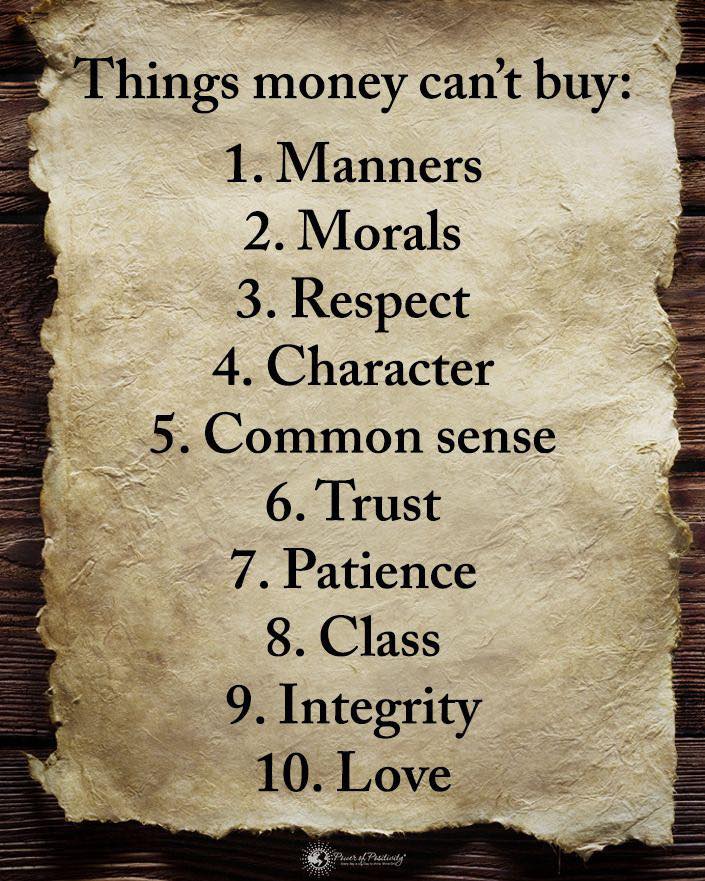



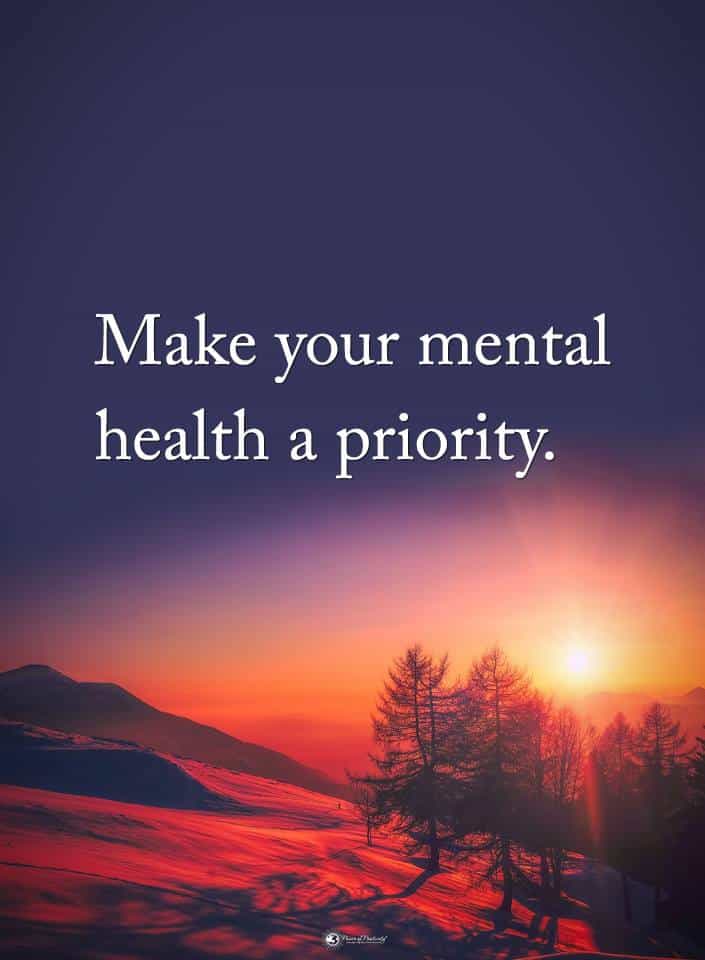

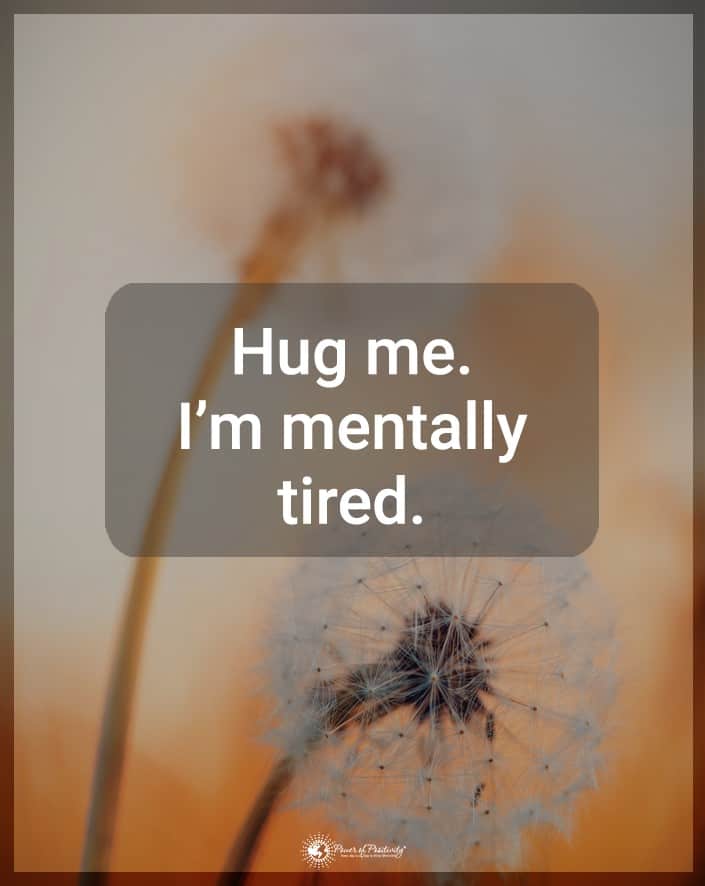
 Communication is the cornerstone of all healthy relationships. Whether that relationship is with family, a friend, or romantic, listening and being listened to are very important.
Communication is the cornerstone of all healthy relationships. Whether that relationship is with family, a friend, or romantic, listening and being listened to are very important.
